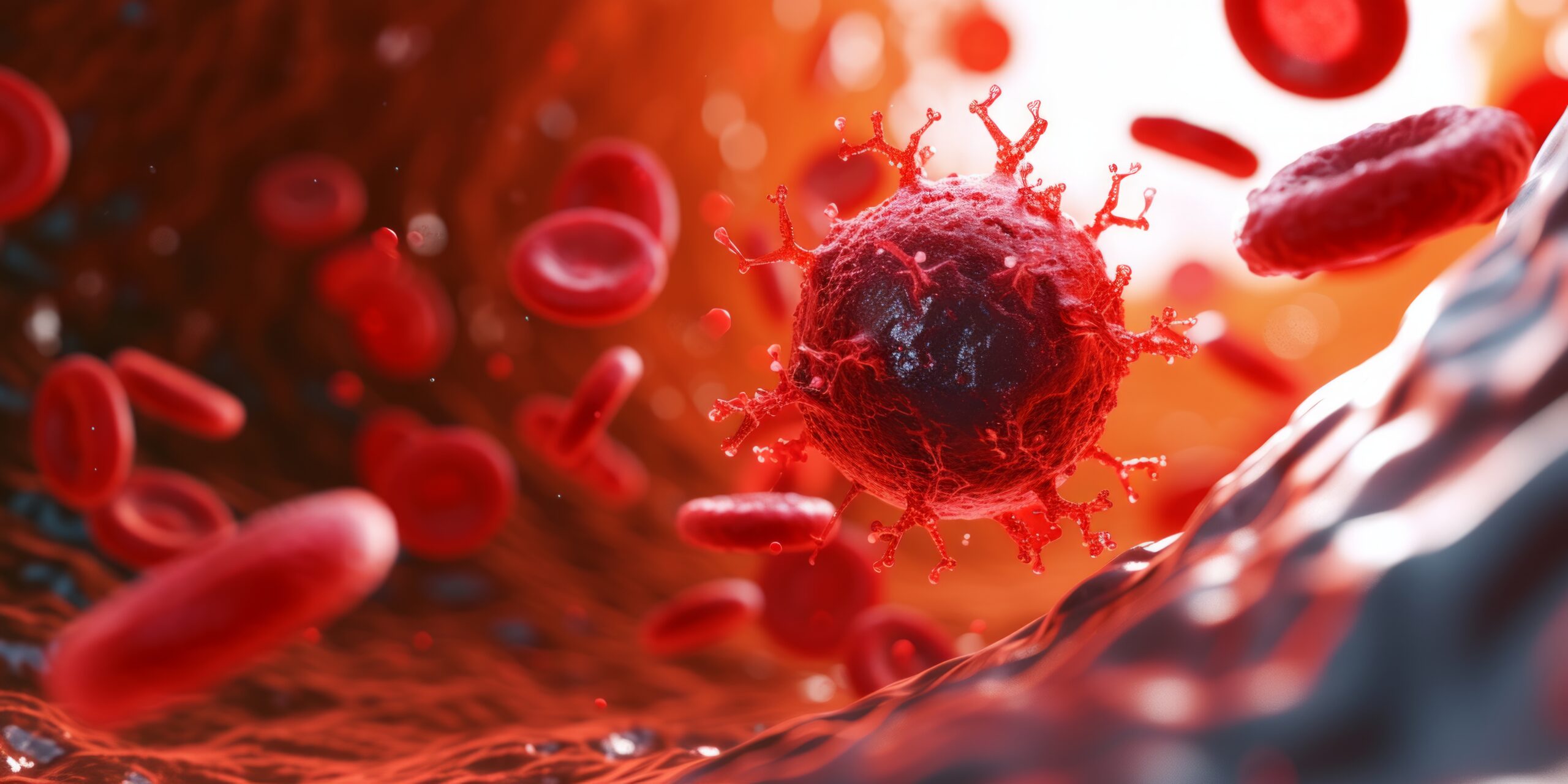Cancer, a complex group of diseases characterized by uncontrolled cell growth, is one of the leading causes of death worldwide. This blog post aims to provide an overview of what cancer is, how it develops, and current approaches to its treatment.
What is Cancer?
Cancer occurs when cells in the body begin to grow uncontrollably. Normally, cells grow and divide to form new cells as the body needs them. When cells grow old or become damaged, they die, and new cells take their place. However, when cancer develops, this orderly process breaks down. Old or damaged cells survive when they should die, and new cells form when they are not needed. These extra cells can divide without stopping and may form growths called tumors.
Types of Cancer
Cancer is not a single disease but a collection of related diseases. There are more than 100 types of cancer, typically named for the organs or tissues where they form. For example:
Carcinomas: These begin in the skin or in tissues that line or cover internal organs.
Sarcomas: These begin in the bone, cartilage, fat, muscle, blood vessels, or other connective or supportive tissue.
Leukemias: These begin in the blood-forming tissue, such as the bone marrow, and cause large numbers of abnormal blood cells to be produced and enter the blood.
Lymphomas and Myelomas: These are cancers that begin in the cells of the immune system.
Causes and Risk Factors
While the exact cause of cancer is often unknown, certain risk factors are known to increase the likelihood of developing cancer:
Genetics: Some types of cancer run in families, suggesting that certain mutations are inherited.
Lifestyle Factors: Smoking, excessive alcohol consumption, poor diet, and lack of physical activity can increase cancer risk.
Environmental Exposures: Exposure to harmful chemicals, radiation, and certain viruses can contribute to cancer development.
Symptoms and Diagnosis
Cancer symptoms vary depending on the type and location of the cancer. Common signs and symptoms include:
Unexplained weight loss, Fatigue, Fever, Pain, Skin changes, Changes in bowel or bladder habits
To diagnose cancer, doctors may use several methods:
Imaging Tests: Such as X-rays, CT scans, and MRIs to look inside the body.
Biopsies: Removing a small sample of tissue to examine under a microscope.
Laboratory Tests: Blood and urine tests to identify cancer markers.
Treatment Options
Cancer treatment varies depending on the type, location, and stage of cancer, as well as the patient’s overall health. Common treatments include:
Surgery: Removing the tumor and surrounding tissue.
Radiation Therapy: Using high-energy particles or waves to destroy or damage cancer cells.
Chemotherapy: Using drugs to kill cancer cells or stop them from growing.
Immunotherapy: Boosting the body’s immune system to fight cancer.
Targeted Therapy: Using drugs to target specific molecules involved in cancer cell growth and survival.
Advances in Cancer Research
Cancer research is continually evolving, leading to new and improved treatments. Some promising areas of research include:
Personalized Medicine: Tailoring treatment to the individual’s genetic makeup.
Gene Therapy: Repairing or replacing damaged genes responsible for cancer.
Cancer Vaccines: Preventing or treating cancer by stimulating the immune system.
Prevention and Early Detection
While not all cancers can be prevented, there are steps individuals can take to reduce their risk:
Avoid tobacco in all forms. Maintain a healthy diet and weight. Stay physically active. Protect skin from excessive sun exposure. Get vaccinated against viral infections such as HPV and hepatitis B.
Regular screenings and early detection can also significantly improve the chances of successful treatment.
Conclusion
Cancer is a formidable challenge, but advancements in research, early detection, and treatment are providing hope. By understanding the disease, recognizing risk factors, and adopting preventive measures, individuals can take proactive steps to protect their health.
For more in-depth information and updates on cancer research, stay tuned to our blog. Your health journey is important, and we are here to provide you with the latest insights and support.Feel free to personalize this post further to match your blog’s tone and style!






